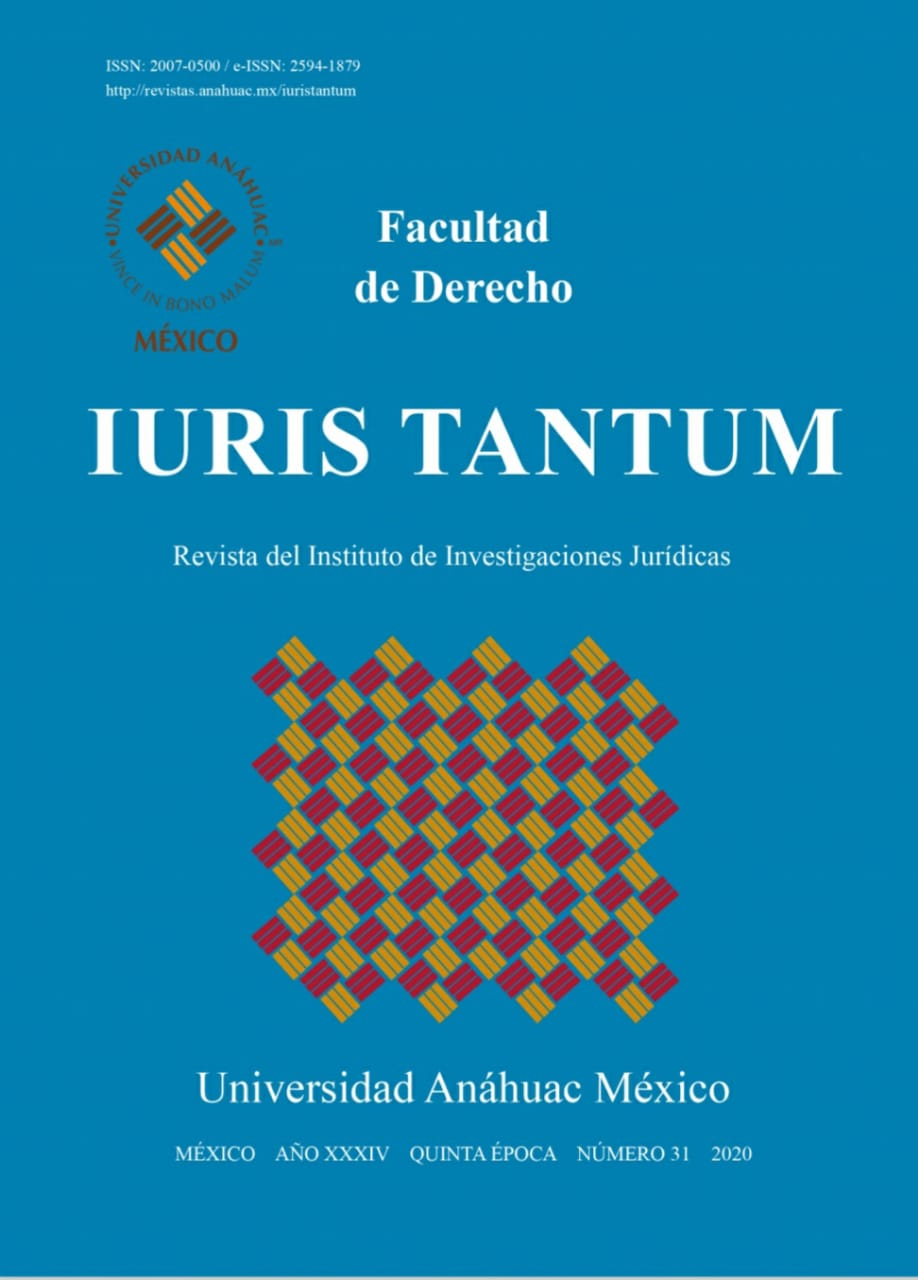THE ABSENCE OF DIVISION OF POWERS IN THE MUNICIPALITY. A WEAKNESS IN MEXICAN FEDERALISM
Main Article Content
Abstract
Federalism as a life project, as well as a tool to organize a government, has democratic institutions whose main role is to represent its people. In the case of Mexico, federalism is also empowered by the existence of governments with autonomous jurisdictions, administrative and political principles. This paper aims at
analyzing the principal practices of federalism in Mexico, where some weaknesses are evident enough as it can be seen how power is whether present or absent in different levels of the government, let alone in those which are closer to the citizens.
It is described how the political and administrative power and rules in a municipality are put into practice in an ambiguous legal way by a single person: The Mayor. This person usually plays different roles, since he is not only at the top of the executive, but also of the legislative and judicial powers in the community. This
situation in the municipal governments has not just weakened the federalism in Mexico, but it also justifies a harmful centralism in the country.
Downloads
PLUMX Metrics
Article Details
Iuris Tantum is distributed under international Creative Commons Attribution-NonCommercial-ShareAlike 4.0 International License.
The author keeps the property rights with no restriction whatsoever and guarantees the magazine the right to be the first publication of the work. The author is free to deposit the published version in any other medium, such as an institutional archive or on his own website.
References
Madrid, Universidad Carlos III de Madrid. 1999.
BAZDRESCH PARADA, Miguel. Naturaleza del municipio y la agenda para
renovarlo. Centro de Investigación y Formación Social del Instituto Tecnológico
de Estudios Superiores de Monterrey (ITESO). México. 2000.
CABRERO MENDOZA, Enrique y NAVA CAMPOS, Gabriela. Gerencia pública
municipal conceptos básicos y estudios de caso, México, Centro de Investigación
y Docencia Económicas, Miguel Ángel Porrúa. 2000.
CONSTITUCIÓN POLÍTICA DE LOS ESTADOS UNIDOS MEXICANOS. Cámara
de Diputados, H. Congreso de la Unión. 2020. Consultado en: http://
www.diputados.gob.mx/LeyesBiblio/ref/cpeum.htm
FAYA BISECA, Jacinto. “Visión histórica del municipio como institución política”
En: Vega Hernández Rodolfo (Coor.) Municipio: Aspectos políticos y
administrativos, Fundación Universitaria de Derecho, Administración y Política,
S. C. 2002.
GARCÍA DEL CASTILLO, Rodolfo. Los municipios en México: los retos ante
el futuro. Centro de Investigación y Docencia Económicas, Miguel Ángel
Porrúa. México. 1999.
LÓPEZ CHAN, Oscar Alfredo. El Ayuntamiento como agente del desarrollo local
en un municipio semiurbano. El caso de Escárcega Campeche 1995-2000,
Colegio Nacional de Licenciados en Administración. México. 2001
MARTÍNEZ, Carlos Assad. “Límites y posibilidades para la descentralización de
las políticas sociales” En: Cordera Rolando y Alicia Ziccardi (Coord.) Las
políticas sociales de México al fin del milenio. Descentralización, diseño y
gestión. Coordinación de Humanidades, Facultad de Economía, Instituto de
Investigaciones Sociales UNAM-Miguel Ángel Porrúa. México. 2000.
OCHOA CAMPOS, Moisés. La reforma municipal, México, Miguel Ángel Porrúa.
1968.
ROBLES MARTÍNEZ, Reynaldo. El municipio, México 4ª edición. Miguel Ángel
Porrúa. 2000.
UVALLE BERRONES, Ricardo. Descentralización política y federalismo: consideraciones
sobre el caso de México. Centro Nacional de Desarrollo Municipal.
2004.
ZICCARDI, Alicia. “El federalismo y las regiones: una perspectiva municipal”
En: Gestión y Política Pública, II Semestre, Vol. 12, Núm. 2. Centro de Investigación
y Docencia Económicas, Miguel Ángel Porrúa. México. 2003.
ZICCARDI, Alicia y MIER TERÁN, A. Pobreza urbana, programas de inclusión
social y participación ciudadana. En T. Rendón Huerta, T. Guillén López y C.
Paz Cuevas. Los Retos de la Democracia Local. El papel de los gobiernos
municipales, indígenas y delegacionales en la superación de la pobreza y la
desigualdad social. México: Universidad Nacional Autónoma de México,
IGLOM. 2007.

